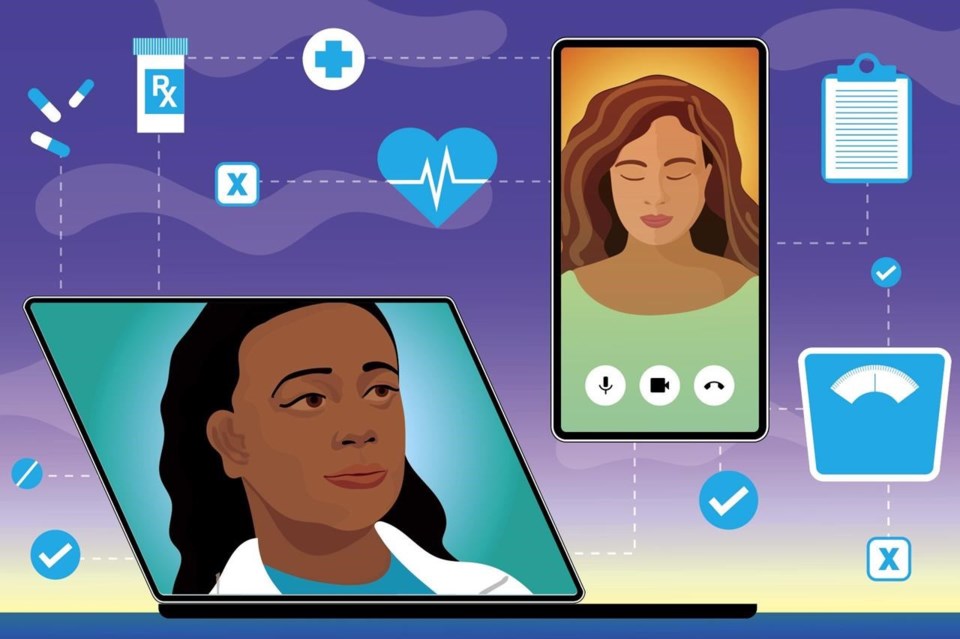Ro built its name online by offering discreet help for problems like erectile dysfunction. Now it wants to tackle an issue many people are talking about: obesity.
The care provider formerly known as Roman launched its “body program” earlier this year. The subscription service aims to guide customers through weight loss with help from doctors, nurses and the latest obesity treatments. It's a popular topic, with Ro competitor Hims & Hers planning a similar program.
Ro also offers subscription services to help people grow longer eyelashes or curb excessive sweating. It also provides skin care, fertility testing and hair-loss treatments, among other services.
Zach Reitano co-founded the privately held company in 2017. The 32-year-old CEO spoke recently with The Associated Press about how his company has since branched out. The conversation has been edited for clarity and length.
Q: Your body program costs $145 a month after the first month. Why charge monthly fees?
A: The fee is everything that patient needs to receive high-quality obesity care. That is one thing desperately missing from health care … a simple and transparent business model where patients know how much they’re going to pay, when they’re going to be charged and what services they’re going to receive.
Q: What are the next care areas primed for Ro’s approach?
A: (Obesity) is upstream of a lot of other underlying chronic diseases. We might start a relationship with a patient where they want to lose weight. But what we’ve seen is they also care about the overall improvement in their cardio-metabolic health.
Q: You’re selling treatments for longer eyelashes. How can patients take Ro seriously for medical problems like obesity?
A: We don’t judge what is most important to a patient. We simply want to be there when that is their concern that day. The same person who might want longer eyelashes, they might also struggle with weight. Once they see us solve one health care goal for them … that encourages them to start another.
Q: Telemedicine grew popular in the pandemic. Will the enthusiasm last?
A: I definitely believe so. People should not view telemedicine as a replacement, but rather a complement, to in-person care. It is one tool that can be used to increase access, reduce costs and increase convenience.
Q: You’re an entrepreneur. You’ve sold burritos and parking spaces and started other businesses. What does not work?
A: An endless list of things. It is most important that people want what you’re building. That’s why we build a lot of the products and services that might be highly stigmatized and other people might not view as nearly as important. But if you’re impacted by one of them, you view it as deeply important.
___
The Associated Press Health and Science Department receives support from the Howard Hughes Medical Institute’s Science and Educational Media Group. The AP is solely responsible for all content.
Tom Murphy, The Associated Press



